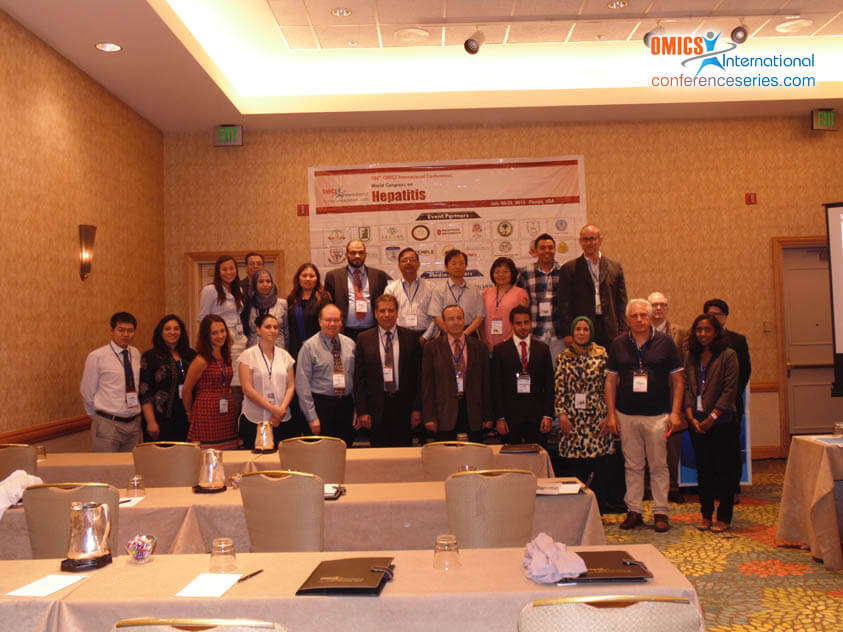
Dr. Huang Jiwei
Sichuan University, China
Title: Intermittent hepatic inflow occlusion during partial hepatectomy for hepatocellular carcinoma does not shorten overall survival or increase the likelihood of tumor recurrence
Biography
Biography: Dr. Huang Jiwei
Abstract
Aim: To investigate whether the long-term outcomes of Hepatocellular carcinoma (HCC) was adversely impacted by intermittent hepatic inflow occlusion (HIO) during hepatic resection. Study design: We performed a cohort study of 1549 HCC patients who underwent hepatic resection between March 1998 and March 2008. Intermittent HIO was performed in 931 patients (HIO group); of which 712 patients had a Pringle maneuver as the mechanism for occlusion (PM group), and 219 patients had selective hemi-hepatic occlusion (SO group). There were 618 patients that underwent partial hepatectomy without occlusion (OF group). Results: The 1, 3, and 5 year overall survival (OS) rates were 79%, 59%, and 42% in the HIO group, and 83%, 53% and 35% in the OF group, respectively. The corresponding recurrence free survival (RFS) rates were 68%, 39% and 22% in the HIO group, and 74%, 41% and 18% in the OF group, respectively. There was no significant difference between the two groups in OS or RFS (p=0.325 and p=0.416). Subgroup analysis showed patients with blood loss over 3000 ml and those requiring transfusion suffered significantly shorter OS and RFS. Blood loss over 3000 ml and blood transfusion were independent risk factors to OS and RFS. Conclusions: The application of intermittent HIO (PM and SO) during hepatic resection did not adversely impact either OS or RFS in patients with HCC. Hepatic inflow occlusion is still a valuable tool in hepatic resection, because high intraoperative blood loss resulting in transfusion is associated with a reduction in both OS and RFS.



